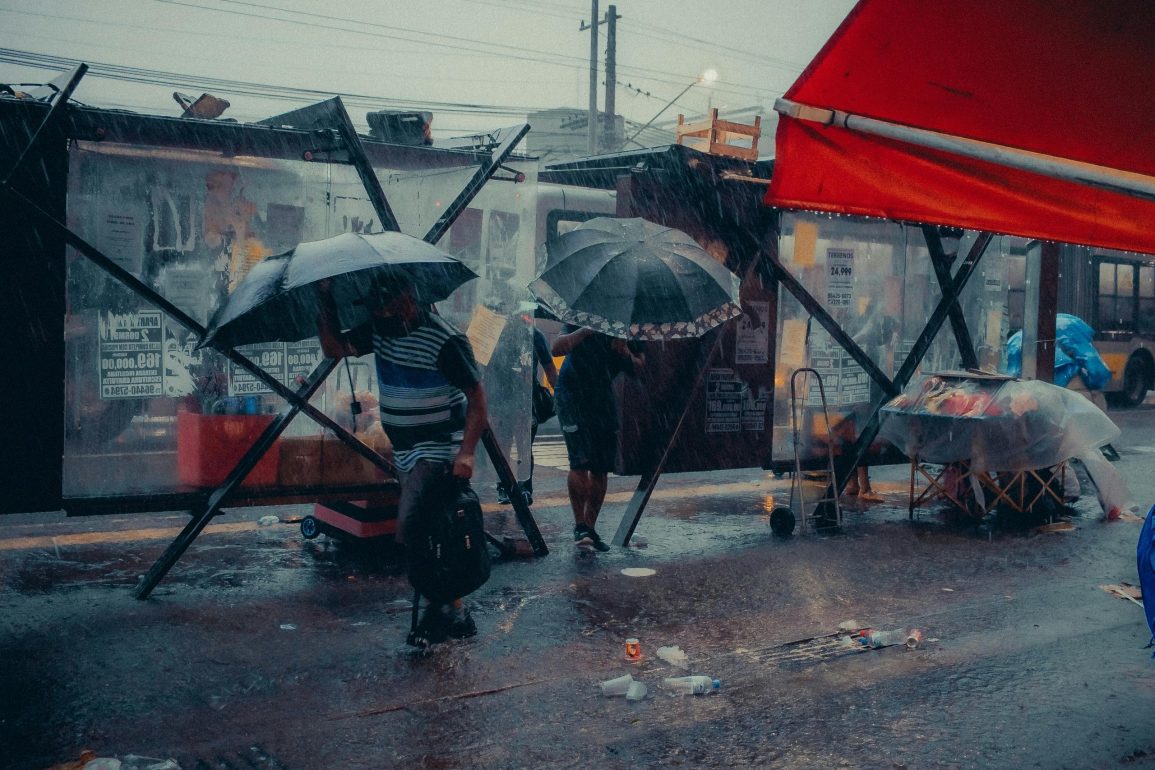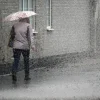The UK may face water shortages and hosepipe bans this summer if it is hot and dry, despite the recent wettest 18 months on record. Leading scientists warn that inadequate water storage makes the UK vulnerable to extreme rain patterns intensified by climate change.
Over the past three decades, no new major reservoirs have been built. Rivers have been modified to quickly channel water to urban areas, causing floods, while many wetlands have been drained for agriculture or development.
This means that heavy winter rainfall is not being effectively stored, leading to both floods and summer shortages.
A recent Environment Agency report predicts a significant water shortfall in the coming years, with a potential deficit of nearly 5 billion liters per day by 2050.

This is over a third of the 14 billion liters currently supplied daily. Without intervention, the shortfall might exceed 4,800 million liters per day by 2050, up from previous estimates due to higher demand and reduced water abstraction to protect the environment.
In practice, this could mean prioritizing public water supply, restricting water use for agriculture, and implementing bans on filling pools, ponds, and washing public buildings. Hosepipe bans are already common during dry spells, limiting activities like car washing and garden watering.
Hydrologist Jamie Hannaford noted that despite record rainfall, a prolonged dry spell could strain water supplies, particularly where groundwater storage is limited.
Prof. Hannah Cloke emphasized that while high water levels are beneficial, prolonged dry periods could still lead to shortages, exacerbated by ongoing climate change. Jo Parker, a civil engineer, pointed out that outdated water storage infrastructure and rising demand due to population growth and higher temperatures could lead to more frequent hosepipe bans.
If the summer turns out to be dry following a wet March, the UK might face severe water shortages. Future projections suggest that while winter river flows will increase, summer flows will decline, putting further strain on water supplies.

